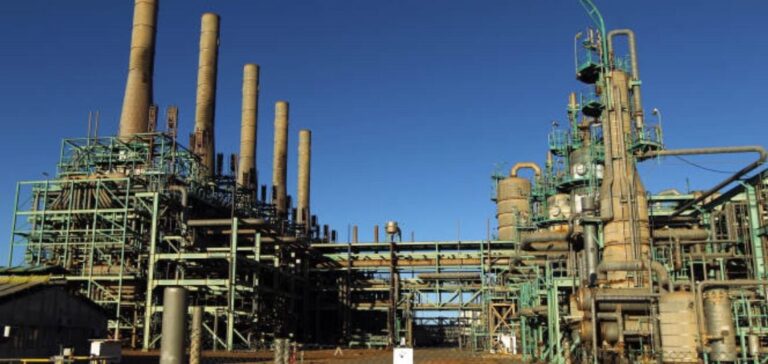A crucial agreement has just been sealed in Tripoli to ensure the security of strategic infrastructures, particularly those linked to energy, against a backdrop of high tension.
The agreement involves cooperation between local security forces and several armed groups.
The Central Bank of Libya (BCL) and oil installations are among the priority targets of this initiative, which is essential to preserve the country’s economic stability.
Under the aegis of the Minister of the Interior of the Government of National Unity (GNU), Imad Trabelsi, and in coordination with the Ministry of Defense, the capital’s main security entities have agreed on rigorous measures to protect key sites.
This includes securing airports, land borders and strategic government buildings.
Securing energy infrastructures
The energy sector, vital to the Libyan economy, is the focus of this particular attention.
Oil revenues, the backbone of public finances, depend on the protection of these infrastructures against all forms of threat, whether internal or external.
The BCL, responsible for managing these resources, is a key element in this delicate balance, and its security has been reinforced to prevent any disorder that could further destabilize the country. Previous attacks and threats to energy facilities have demonstrated the sector’s vulnerability to internal conflict.
The implementation of this agreement is therefore essential to maintain the continuity of production and exports, thus guaranteeing financial stability, which remains precarious.
The cooperation of armed groups is essential to achieving this objective, although their long-term commitment remains uncertain.
Economic and international implications
Preserving Libya’s energy infrastructure has repercussions far beyond the country’s borders.
The stability of these facilities is not only crucial to internal economic functioning, but also influences Libya’s position on world energy markets.
An interruption in production or exports could lead to fluctuations in oil prices, directly impacting the country’s trading partners.
International players, including the United States and the United Nations Support Mission in Libya (Manul), are closely monitoring the situation.
They have expressed concern about the potential use of force to resolve disputes surrounding the BCL, warning of adverse consequences for the country’s economic stability and financial credibility.
This agreement marks a significant step forward for Libya, but its success will depend on the strict application of the agreed security measures and the ability of the parties involved to work together constructively.
Protecting Libya’s energy infrastructure remains central to ensuring the continuity of economic activity and maintaining the country’s strategic position on the international stage.






















